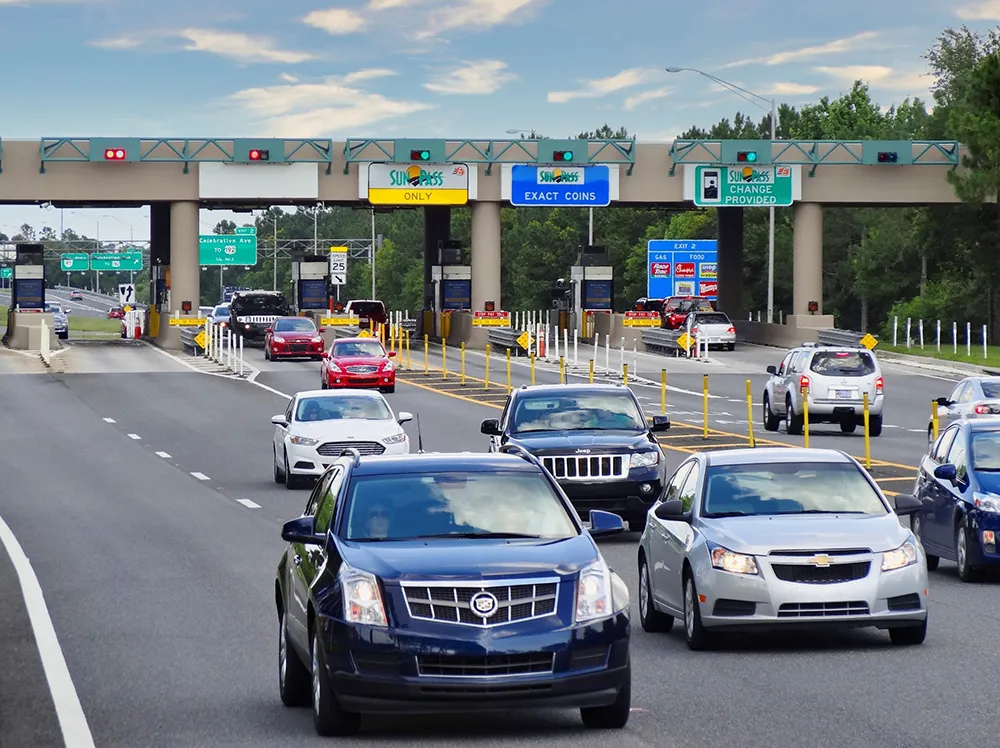Here Technologies has launched a new generation of its Real-Time Traffic service, which integrates live traffic probe data from sensors on Audi, BMW and Mercedes-Benz vehicles to provide greater accuracy and more precise information about traffic conditions.
October 23, 2017
Read time: 1 min
Here Real-Time Traffic, available to current OEMs and industries covering more than 60 countries, offers improvements in traffic flow data, especially on arterial roads. For more than half of those countries, the service also provides incident information with features such as Traffic Safety Warning.
Aided by new hard-braking sensor data which Here is now processing, this feature allows more relevant and timely notifications to the vehicle and can also be used by ADAS applications.










